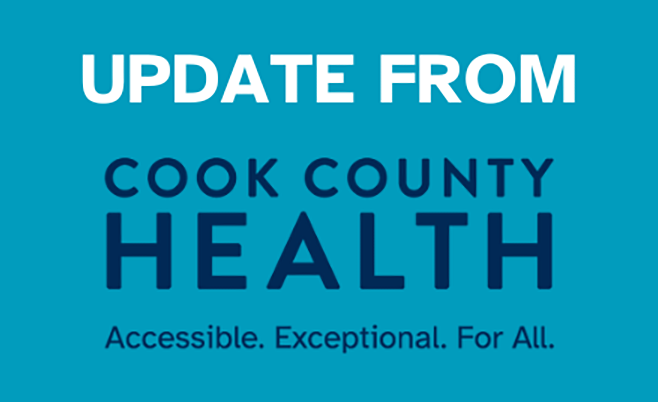With summer festivals underway, Cook County Health reminds you to have fun – but stay safe.
Heading into the three-day Lollapalooza Festival at Grant Park, Cook County Health officials are cautioning attendees against drug and alcohol misuse that has traditionally resulted in an uptick of emergency room visits during the event.
“What it comes down to is that if you’re feeling sick, listen to your body,” said Dr. Steven Aks, Chair of Toxicology and emergency department physician. “Don’t wait until it becomes serious to seek attention. Fortunately, most of the people we’ll see will be treated and released, but every year we have some patients who end up in the intensive care unit after ingesting too much alcohol or drugs at a concert.”
The amount of alcohol a person needs to drink for a potentially dangerous or life-threatening overdose to occur can vary by person depending on their age, drinking experience, gender, as well as other factors.
Symptoms of alcohol overdose include:
- Mental confusion and stupor
- Difficulty remaining conscious
- Vomiting
- Seizure
- Slowed or irregular breathing
- Low body temperature
- Clammy skin or paleness
- Slow heart rate
- Loss of gag reflex
- Low body temperature (may be indicated by chills or shivers)
A lack of proper hydration (food and water) can also exacerbate problems caused by the overconsumption of alcohol.
Dr. Aks said people should also avoid synthetic drugs in which psychedelic compounds are replaced by a synthetic substitute, which can lead to dangerous and unexpected side effects.
“Using these compounds can lead to a long list of unpleasant and potentially life-threatening symptoms,” Dr. Asks said. “These compounds are stimulants, which cause the heart to race and the body’s temperature to increase, which can lead to really serious problems.”
People should seek immediate medical attention if they experience:
- Severe hallucinations
- Elevated heart rate
- Nausea or vomiting
- Profuse sweating and agitation,
- Seizures
Dr. Aks encourages attendees to scope out the medical tents and cooling stations when they arrive, and to remember to look out for each other.
“If you see someone who is in distress, make sure they get the help they need,” he said. “Don’t let worrying about getting in trouble cost someone their life.”
Media Contact:
Kate Hedlin
Communications Manager
[email protected]
312-805-2038

